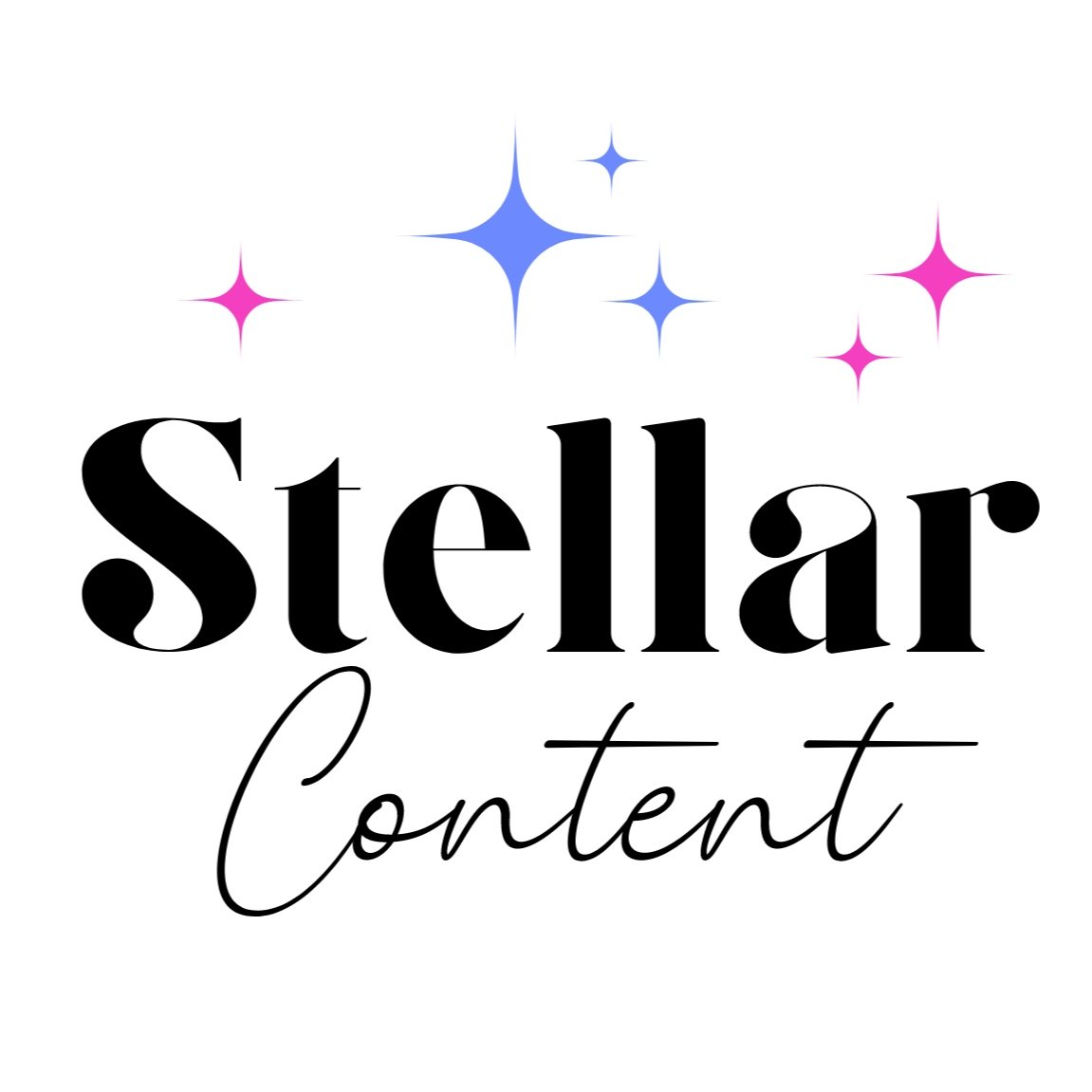This blog post is not about the referendum
I posted something a little bit controversial on LinkedIn last week. I also posted it on my personal Facebook page, but it’s LinkedIn that generated a bit of a buzz.
On Facebook it wasn’t that controversial, because it was only my friends that saw it, and they already know what my political and social persuasions are.
But on LinkedIn, you’re posting publicly, and anyone can jump in and say what they want.
For context, this was the post:
The reactions were interesting. I got a fair few likes from people who agreed, and a few comments from people that disagreed (I removed a couple that were abusive, not because I won’t listen to different opinions, but because a career writing op-eds in the news has taught me not to tolerate abuse of any kind. Trolls can smell weakness and they also love a pile-on.)
What was interesting to me, though, were the private messages I received. A got a few messages on LinkedIn from contacts who thanked me for the post. They told me that they agreed with me, but they balked at saying so in public, but they wanted me to know.
One called me brave for sharing my opinion.
The same day, I saw a post by business coach Ed Gandia talking about the growing list of things he won’t discuss in public.
“I decided a long time ago that I wouldn't discuss politics, religion and other similar (divisive) topics in my business,” he wrote. “Unfortunately, that list continues to grow.”
Ed followed with a longer list of topics he now feels it’s difficult to discuss in the US without the conversation descending into chaos, and he followed that with a rallying call for more critical thinking and respectful interactions.
I get how hard it can be for us all to tread that line, I really do. We are in business and we don’t need to agree on everything to work together, but I would also argue that sometimes it’s important to take a stance and be super clear.
Not always, but when it’s important.
The referendum on the Voice to Parliament is important to me, and I felt like I had something unique and valuable to share about it. I thought it was worth sticking my neck out. I’ve done the same when I’ve written articles about my transgender son, because I have something to offer and I think it’s important to help create a more tolerant world for my son to live in.
Could it scare some potential clients away? Sure.
But if they wouldn’t work with me because I respectfully shared an opinion and engaged in polite discourse about it, I’m willing to lose them.
My question to you is: what matters to you so much you’d stick your neck out about it?
It might be related to your business; it might not.
But communicating with your audience - current clients, potential clients, employees, and potential employees, suppliers, etc. - is about showing them who you really are.
We can all use ChatGPT to generate SEO-optimised content these days, but showing yourself and what matters to you is what makes you stand out. What connects you to people you want to work with. What helps you to find your community.
Not everyone is going to love you, and that’s okay. But those who do, will love you harder than some diplomatic, faceless brand.
And you get to walk through life feeling genuine and proud of what you’re doing, instead of being scared you’ll say the wrong thing.
This isn’t the only way to work, but it’s the way I work, and it works for me.
Want help clarifying your voice and sharing what matters to you with the world? Book in a Brand Voice Clarity Workshop, or let us help you create your tailored Content Plan.
Email us at admin@stellarcontent.com.au or book an intro call instantly by clicking the button below.
